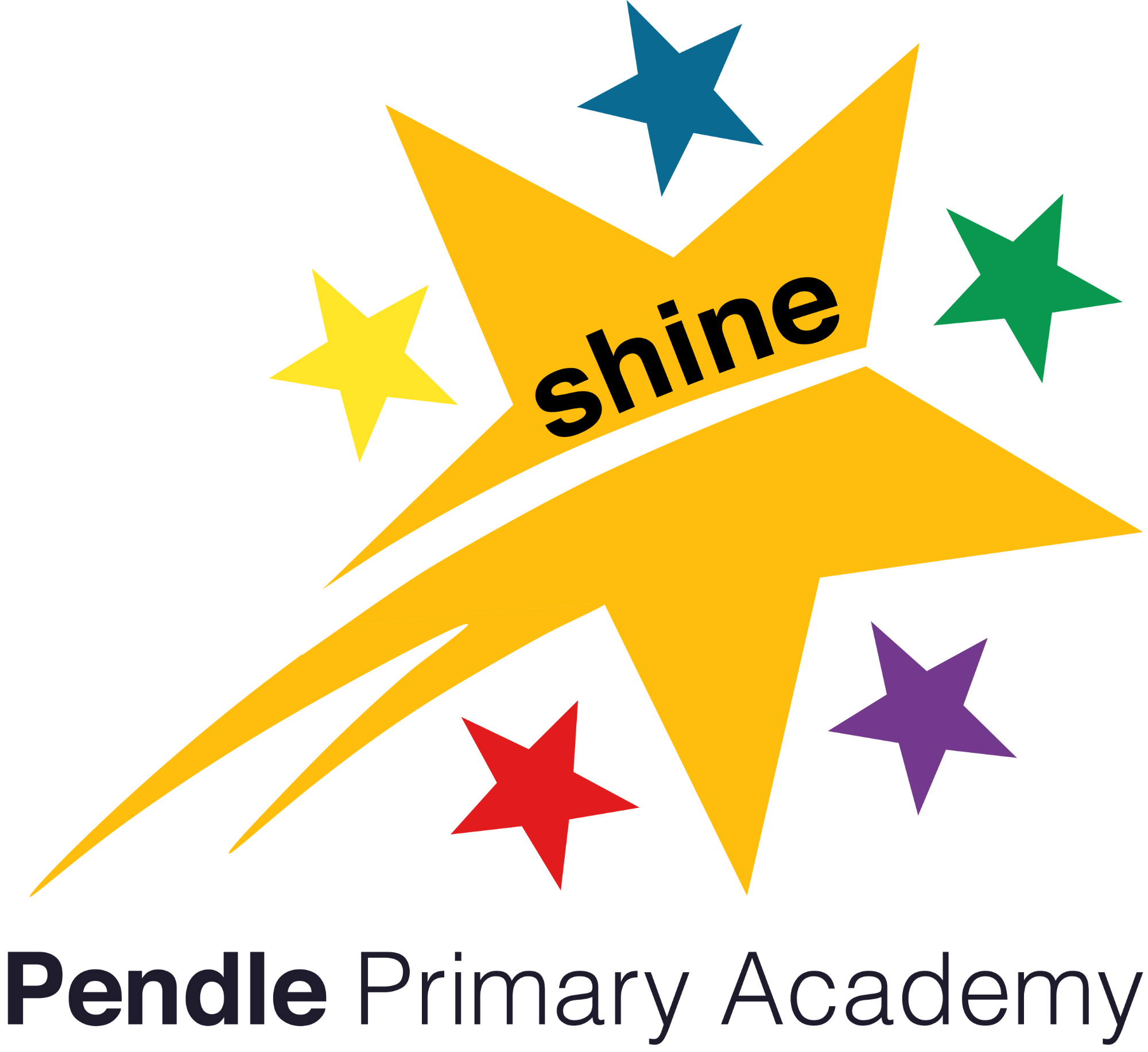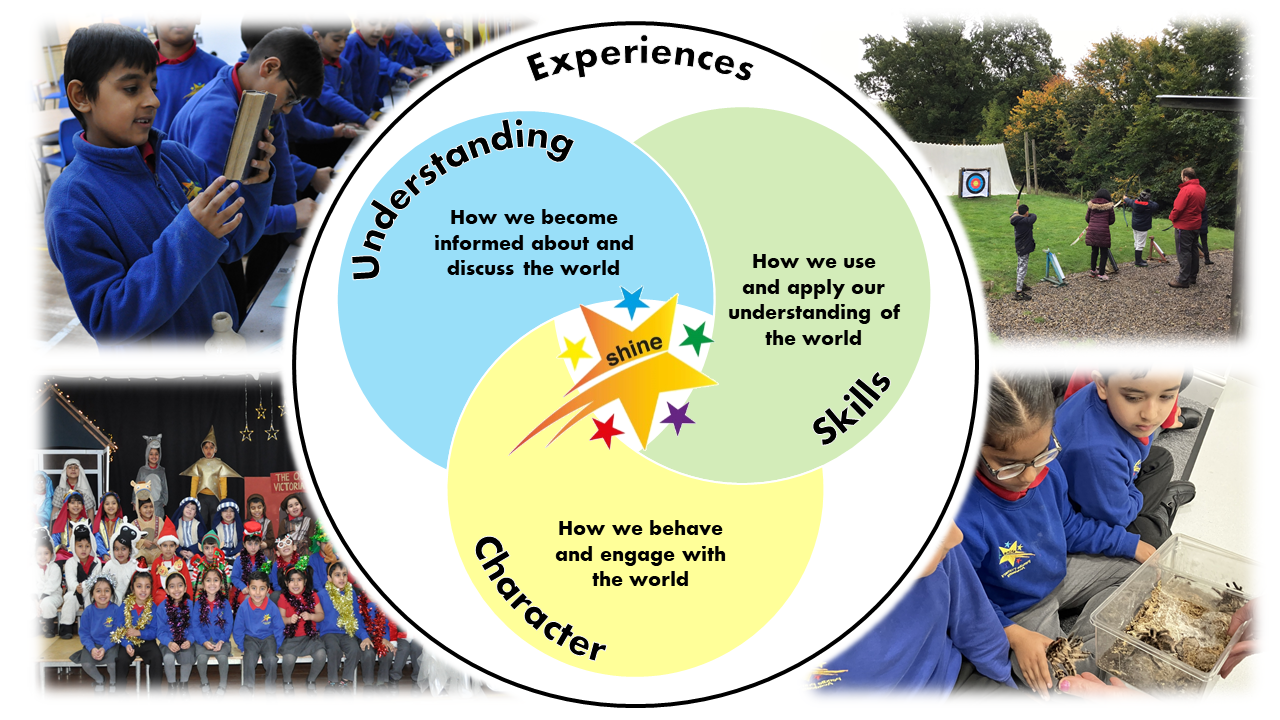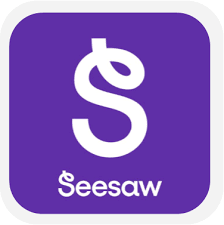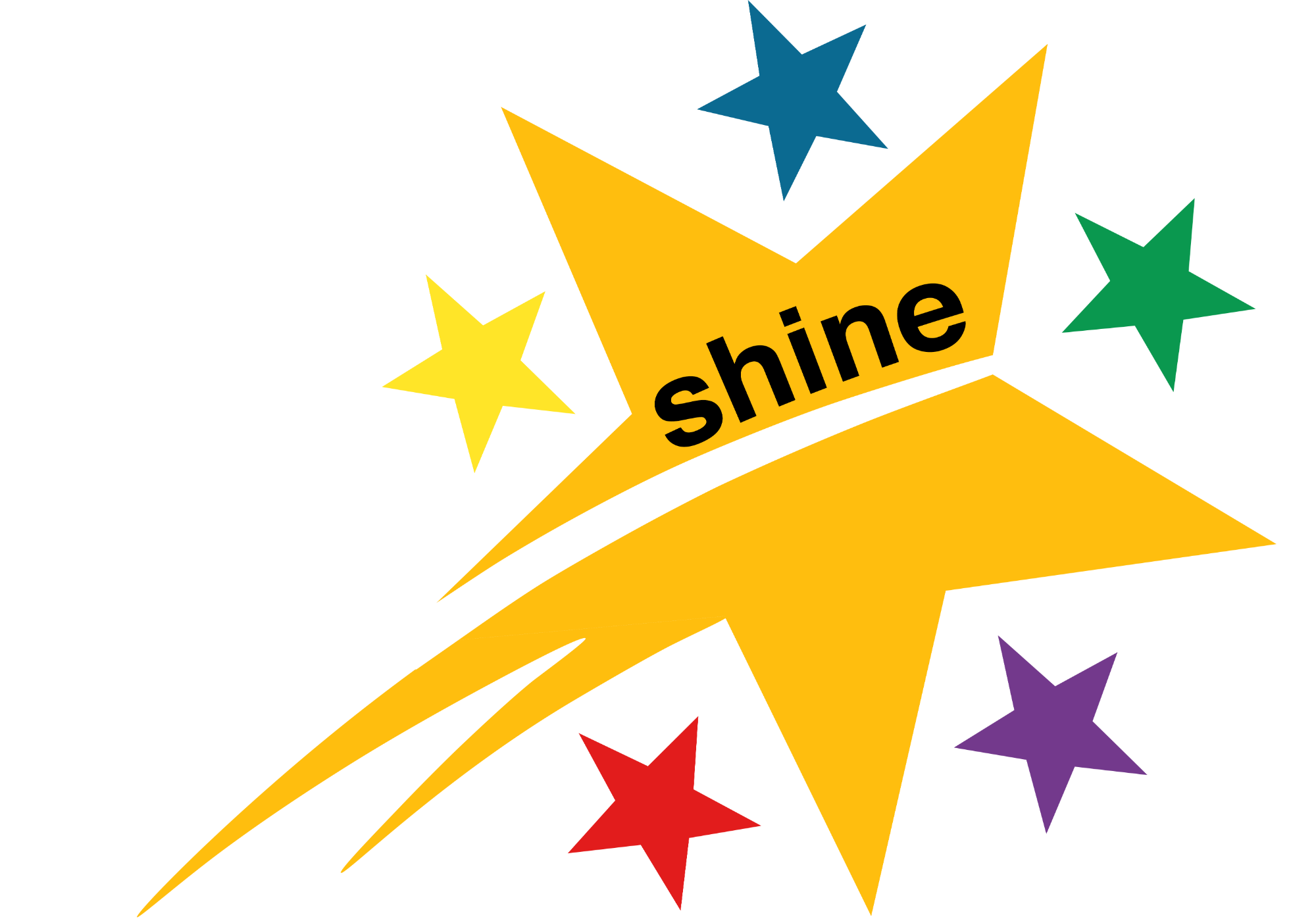
Our Curriculum

The core curriculum
The core curriculum areas of Reading, Writing and Maths form the foundations of all children's learning journey at Pendle Primary Academy. For more information about these subjects and how they are delivered, please follow the links in the menu.
The wider curriculum
The wider curriculum at Pendle Primary Academy is divided into six curriculum areas which work collaboratively to ensure that children are offered a broad range of learning and experiences.
- Active Learning - PE
- Communication and Language - BSL, Oracy
- Creative Learning - Art and Design, Music
- Enquiry-Led Learning - Geography, History
- Investigative Learning - Science, Design and Technology, Computing (Computer Science and Digital Literacy)
- Social and Emotional Learning - PSHE, RE, Computing (Online Safety)
Accessibility for the curriculum
The SEND policy and Disability and Accessibility policy ensures that staff identify, assess and arrange suitable provision for children with disabilities and special educational needs. The SENDCo manages the Statutory Assessment processes and ensures additional resources (including staffing) are available where appropriate. The school’s Disability and Accessibility policy ensures that our curriculum is inclusive and accessible to all learners, regardless of their abilities or disabilities. Accessibility is an ongoing process, the SENDCo and curriculum leadership team regularly monitor and evaluate the accessibility of the curriculum based on individual need at any given time and appropriate strategies / resources are carefully considered.
Curriculum Policies and Documents
For further information about the curriculum at Pendle Primary Academy, please ask at the school office to speak with Miss Jermyn or read our curriculum policies and documents here.
What is Seesaw and how do we use it?

Seesaw is a digital learning portfolio that we use extensively throughout school. Seesaw allows learning in the wider curriculum to be recorded in a creative, inclusive way, lessening workload for teachers and allowing for at a glance assessment of children’s acquisition of knowledge.
Religious Education (RE)
Pendle Primary Academy is committed to providing a balanced and objective RE curriculum that promotes understanding of different faiths and beliefs. While respecting parental choice, we encourage parents to discuss any concerns about the content of the RE curriculum with the Curriculum Leader. The school also recognises the right of parents to withdraw their child from RE lessons. This right is enshrined in the Education Act 1996.
Procedure for Withdrawal
- Written Notification: Parents wishing to withdraw their child from RE must submit a written notification to the Principal.
- Reason for Withdrawal: While not mandatory, parents are encouraged to provide a reason for withdrawal.
- Alternative Provision: During RE lessons, withdrawn pupils will be provided with suitable alternative activities.
